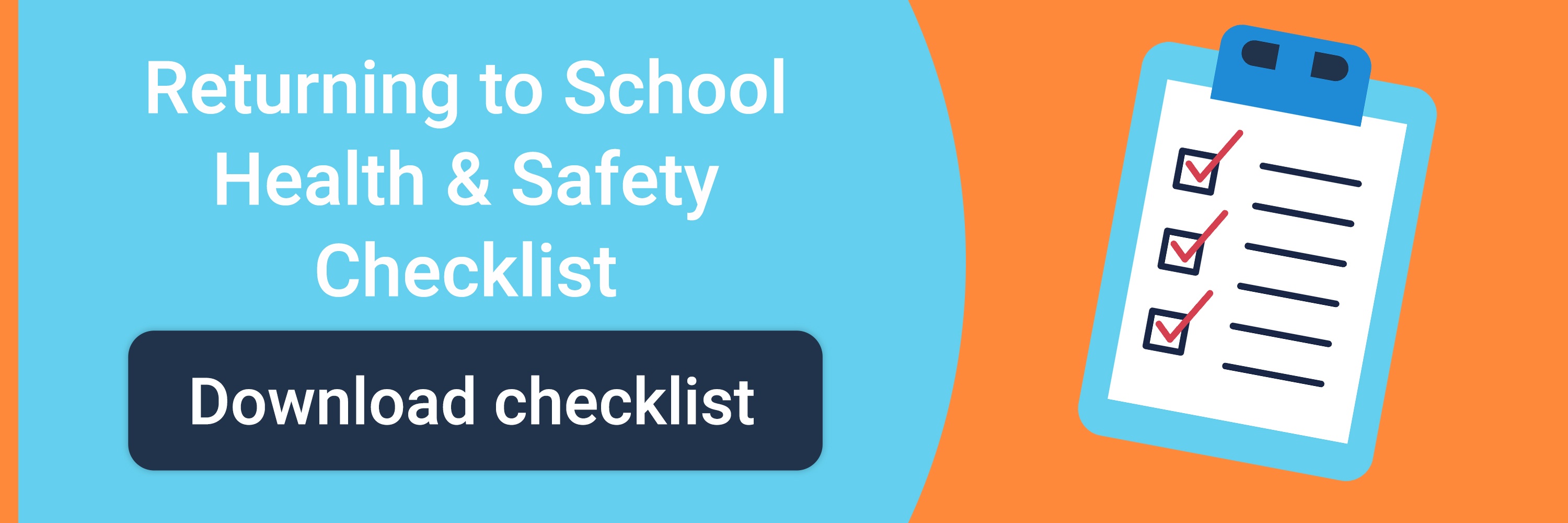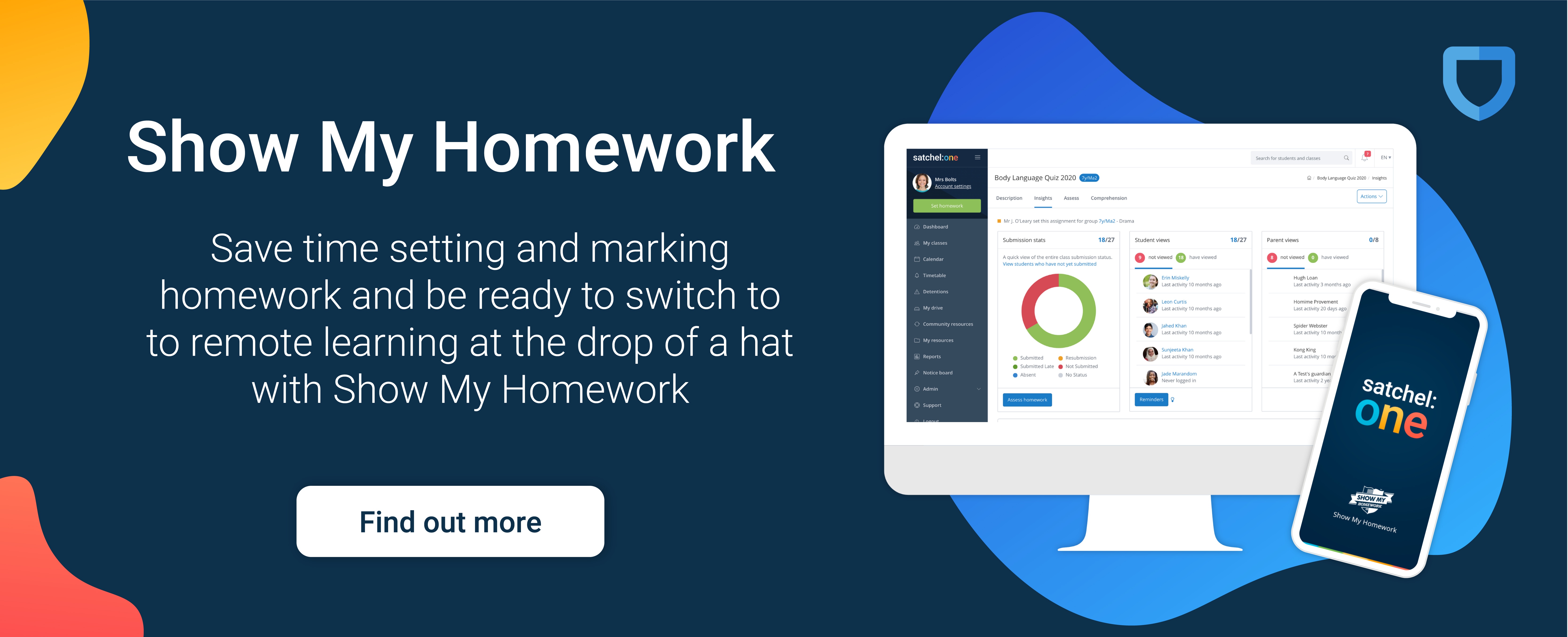Author: Ben Greenwood
Posted: 04 Mar 2021
Estimated time to read: 4 mins
As schools prepare for reopening on 8th March, many pupils will be glad to get out of the house and see their friends again. It’s been another tough lockdown for everyone, but with vaccinations sweeping the UK, hope is on the horizon.
It’s beginning to look like we could finally be emerging from what has been a grueling, year-long battle with Covid. As we begin to see students in the classroom once more, it might be time to ask what we want the near future of education to look like.

What did teaching and learning during lockdown show us?
Despite the devastation of the pandemic, there have been some positive lessons and takeaways for schools. Outcomes such as: exploring new dynamic learning strategies, developing better engagement with parents and introducing more useful technology in school are all things that schools can continue as daily life returns to normal.
- Schools can adapt quickly to change
When schools closed for the first time, everything changed overnight. Schools scrambled to put systems in place that would allow learning to continue through lockdown. But in the second lockdown schools were prepared.
Thanks to hard working senior leaders, schools pivoted towards distance learning, some with great success. This shows that schools can adapt to new challenges and new technology if the impetus is there. Prior to the pandemic it wasn’t uncommon for some teachers to be completely opposed to implementing technology in their classroom , but now the waters have been tested, it could open up the floodgates for more innovative tech in classrooms.
- Teachers’ roles span much further than simply educating
Over the pandemic, teachers added even more hats to their already extensive collection. Not only were they guides, emotional support, tutors and everything else they were before the pandemic, but they also had to tackle filming and editing video lessons, navigating new software and becoming remote welfare officers.
Perhaps the biggest lesson we can learn from the pandemic is that teachers go above and beyond in everything they do, and that sometimes they are undervalued. Now that parents at home have seen just how difficult being an educator can be, they may discover a newfound appreciation for what teachers do on a daily basis.
- Just how important social interaction is
Lockdowns take a heavy toll on everyone's mental health: students, teachers and parents. Students no doubt missed the time spent with friends and teachers were faced with the task of teaching to a class of blank, muted screens.
The pandemic really made us realise how much we need real human interaction to thrive, not just as students and teachers, but as human beings. Whilst distance learning might have become a future prospect it likely won’t become the main avenue for teaching. It does however give schools more flexibility, especially during harsh winters when schools are unable to open safely.
What might classrooms look like in 2021?
Bearing all of these lessons in mind, what might 2021 look like for teachers and students? With a constantly changing playing field, it’s difficult to say for certain what we’ll all be doing next week, let along for the rest of the academic year! But based on what we know already, and the lessons we learned last year, we can make some informed estimations about how things will pan out.
More blended learning
That’s right. For the immediate future at least, blended learning and distance learning looks set to stay. Secondary school students won’t receive their vaccines this academic year, so the likelihood of having to self-isolate is still there, meaning that students will still need to keep Zoom and Teams on their computers ready.
But this is also an opportunity for schools to build some independent learning into their curriculum. With access to almost infinite information on the internet, students can learn important lessons about conducting individual research, as well as finding reliable sources.
No exams - no algorithms
After last year's exams fiasco, the government won’t be relying on algorithms this time around. Education secretary, Gavin Williamson, addressed the question of assessment in lieu of exams via the Downing Street press conference we’ve all become extremely familiar with. He said, “There’s going to be no algorithms whatsoever”, and, “We’re putting our trust in teachers”.
The government also published guidance on grading students in 2021, stating that grades would be forgiving in light of the pandemic, “recognising disruption and lost learning at an overall, national level.”
Extra learning
When schools reopened in September 2020, a need for catch-up learning initiatives soon became apparent. Students had missed out on a significant chunk of learning because of the pandemic, and many were months behind in terms of progress.
Extra learning, online via learning platforms and sites like BBC Bitesize, will provide a much needed boost for students who haven’t been able to learn as well as they might have due to disruptions. This will be accessible from anywhere so they have more control over their learning. Parents will also be able to aid extra learning at home, to ensure that students are on track.
More social learning
After another lockdown, students will be missing the social side of school. This presents an opportunity for teachers to incorporate more group activities into the classroom. Group projects, role play and team building are surefire ways to get students who have been cooped up for two months back into the swing of things.
This should also begin to alleviate some of the mental health issues that have been caused by the extended period of isolation.
It’s going to be an important year for education. Whether they know it or not, Schools will be building a new approach to education that could influence future decades of teaching and learning. Using the lessons we learned from the past lockdown and school reopenings, we should be able to piece together a strategy for future learning that works for everyone.


